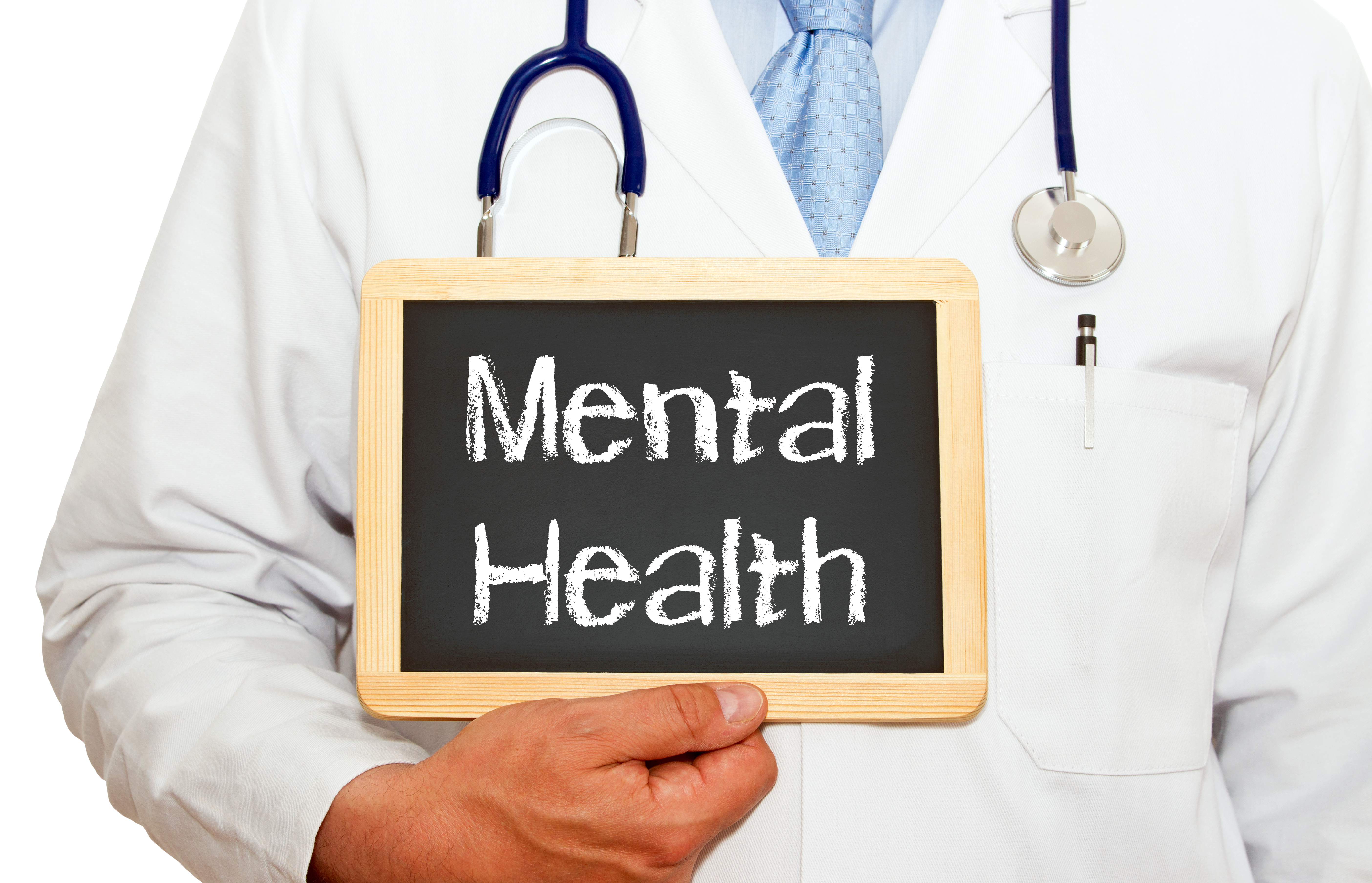Three Tips for Improving Mental Health on National Mental Health Day
- October 10, 2020
- By Justin Birckbichler

Let’s face it – while teaching is an incredibly rewarding profession, it’s also one that comes with a lot of stress and strain on the teacher’s mental health. In September 2019, the National Foundation for Educational Research found that teachers feel more ‘tense’ or ‘worried’ about their job than those in comparable professions… and this was before the COVID-19 pandemic, which has only increased teacher stress levels.
A few years ago, I shared four tips that helped my mental health right here on the Kids Discover blog, as part of May’s Mental Health Month. These included leaving school at school, prioritizing healthy diet and exercise, fostering a non-educational related hobby, and seeking medication if necessary.
October 10th is National Mental Health Day, and I’m sharing three more tips that have helped me to continue to maintain and improve my mental health over the past few years.
I’VE TAKEN STEPS TO ENSURE BETTER SLEEP.
About a year ago, I discovered how important my sleep habits are to my mental health. When I don’t sleep well for just one night, I am miserable for days on end. Since noticing this, I have taken a few measures to make sure I have a better sleep experience.
I’ve made a big effort to stay on a regular schedule, by being in bed around 9 pm and waking up around 7 am, even on weekends. While I may not be sleeping right at 9:00, I generally have the lights off and read on my Kindle until I fall asleep. I sleep with a sleep mask and a weighted blanket, and both have helped immensely improve the quality of my sleep.
The to-do list of teaching never seems to come to an end, and we are often tempted to forgo sleep in favor of getting a few more tests graded, a few more lessons planned, or another flipped video polished. However, your mental health will thank you if you turn off the teacher mode for the evening and give yourself the gift of better sleep.
MEDITATION HAS BECOME A MAINSTAY OF MY DAY.
Of all of the things I’ve done to help improve my mental well-being, I would conclusively say that daily meditation has been the thing that has had the single biggest impact. Although I initially hard passed on the concept of meditation, a fellow testicular cancer survivor, Ken Lane, sold me on it with this blog post. In his post, he outlines the following eight easy steps for a simple meditation.
1. Find a timer without an annoying end buzzer.
2. Find a comfortable seat where you can maintain good posture.
3. Place your feet, legs, arms, and hands in a position when they will remain comfortable for 10 or so minutes.
4. Start the timer for the duration you would like to meditate.
5. Close your eyes.
6. Bring your full focus to your breath as you inhale and exhale from your nostrils.
7. Do not change your breathing, but simply focus on the inhale and exhale of your body’s natural patterns.
8. When you attempt to focus solely on your breath, your thoughts will mutiny. Your mind will try its hardest to wander and daydream. This is fine, but when you first notice that you are daydreaming or thinking about anything besides your breathing, make a mental note – “that’s a thought” or “I’m drifting” – and return your focus to your breath.
You can use Ken’s tips, or you can find an app to guide your meditation. Personally, I use the Calm app to guide me. I managed to get a free one year subscription from them last year, which I then paid to upgrade for lifetime access, a solid investment in my own wellbeing. Headspace, another popular meditation app, offers free access for educators.
Ever since hitting download on the app in early October 2019, I’ve maintained a strong streak, racking up over 121 hours of meditating over 533 sessions. As the the Calm app frequently reminds me, meditation is the 1% of the day that often helps ensure the other 99% goes well.
REGULAR THERAPY APPOINTMENTS KEEP ME ON TRACK.
I began seeing a therapist in mid-July 2019 for testicular cancer related anxiety, but we also do frequently delve into education related topics, especially in light of the uncertainty with pandemic teaching.
Even on weeks I am feeling positive, I still keep my scheduled appointments. It’s nice to talk about the good things going on and have some time to learn more coping strategies while in a better frame of mind.
I firmly believe that everyone can benefit from seeing a therapist regularly, as it’s nice to have an impartial third party to listen and give you unbiased advice.
YOUR MENTAL HEALTH IS IMPORTANT.
Regardless if you use all of these seven tips (four from 2018 and these new three,) some of them, or none of them, find something that helps you take care of your mental health. We all can use help from time to time and there is no shame in doing so.
Be sure to visit the Kids Discover Blog for the latest in free resources, classroom advice, and best practices.